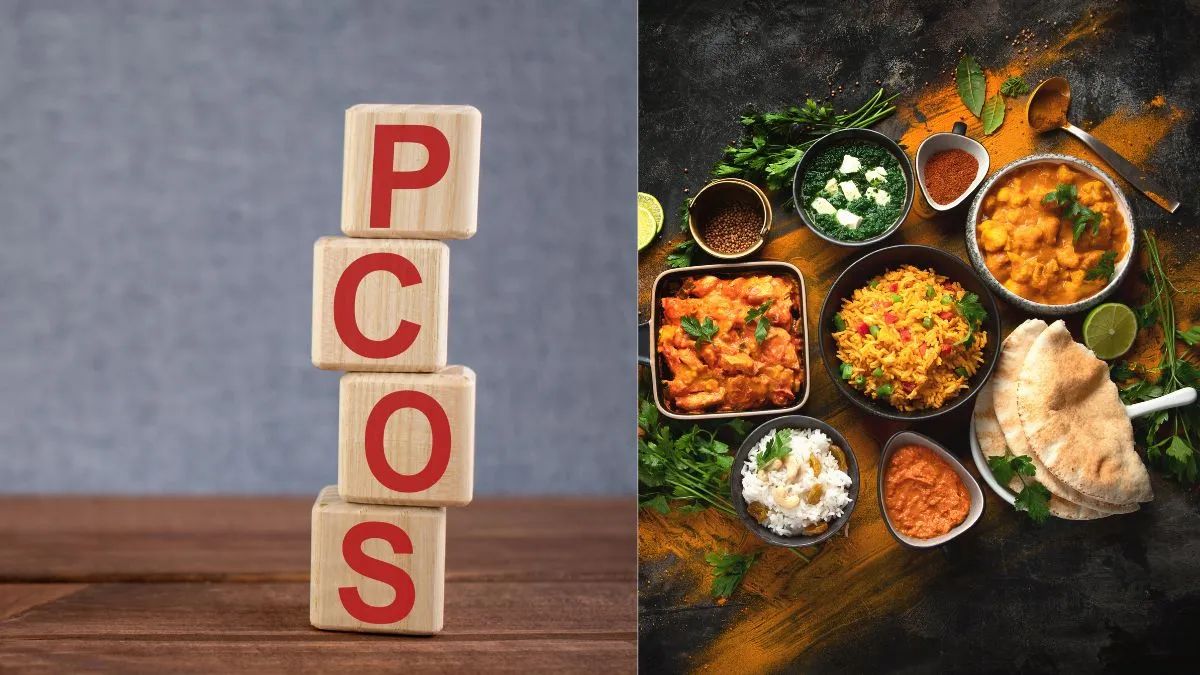Key Highlights
Dr. Vishal Thakur highlights that women dealing with PCOS (Polycystic Ovary Syndrome) in India can benefit greatly from returning to age-old dietary practices, making traditional Indian foods a cornerstone for hormonal health and symptom relief
Strategic dietary shifts involve swapping processed snacks for nutrient-rich millets (like bajra, ragi), lentils (dal, chana), seasonal vegetables, leafy greens, and low-sugar fruits that collectively improve insulin sensitivity, lower androgen levels, and support ovarian health
Including good fats from nuts, seeds, olive oil, and fatty fish, combined with lean protein sources such as chicken, eggs, fermented dairy (curd, paneer), and even vegetarian protein-rich options, helps balance hormones and promote satiety
How Indian Foods Help PCOS
Traditional recipes such as khichdi, upma, besan chilla, idli, or mixed dal preparations use affordable local ingredients with a low glycaemic index, resulting in more stable blood sugar and lower risk of insulin spikes
Fermented staples (curd, dosa, idli) bring probiotic benefits, supporting gut health and reducing inflammation—both positive factors in PCOS management
Indian kitchens abound with anti-inflammatory and antioxidant-rich spices like turmeric, ginger, cinnamon, cloves, mint, and fenugreek, which are known to combat PCOS symptoms naturally
Lifestyle and Holistic Approach
Dietary changes achieve the best results when matched with regular exercise, weight management, good hydration, stress reduction, and moderate alcohol intake
Embracing the diversity of Indian cuisine means meals become naturally high in fibre, vitamins, and minerals while being easy to sustain long term, lowering risks of diabetes and heart disease linked to PCOS
Experts recommend minimizing refined sugar, fried snacks, and highly processed foods in favor of fresh, seasonal, and home-cooked meals for lasting hormonal balance
Sources: Daily Jagran, Oliva Clinic, The Good Bug

